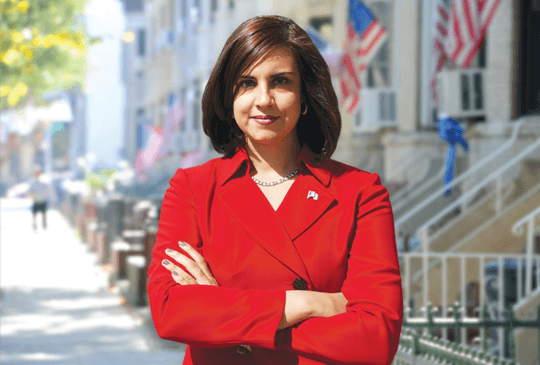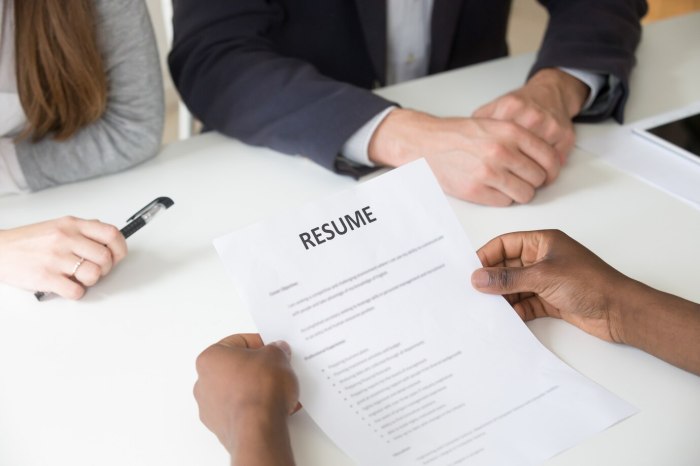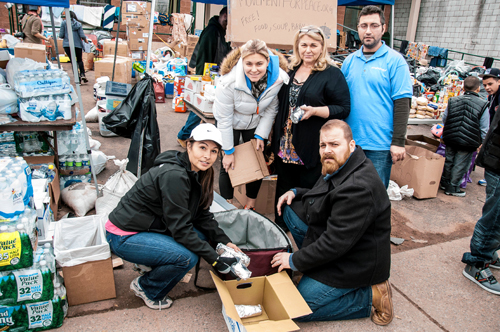Nicole Malliotakis is a member of the New York State Assembly currently serving the Brooklyn neighborhood of Bay Ridge, as well as a portion of the East Shore of Staten Island.
To celebrate the relaunch of the Bay Ridge Courier, we’re “checkin’ in” with each of the area’s representatives to discuss a topic of their choosing. This week, we caught up with Malliotakis about quality-of-life issues in her district and the importance of public safety.
Brooklyn Paper: During your 2017 mayoral campaign, one of the issues you ran on was public safety. Why is that an issue of concern for you as a legislator?
Nicole Malliotakis: When I ran for mayor in 2017, I had warned that some of the polices that were being put in place by the city were going to lead to a deterioration in our quality-of-life and an increase in crime and make us less safe. First, starting with [Mayor Bill de Blasio] doing away with broken windows theory, he started decriminalizing quality-of-life crimes and he put in place this horrific sanctuary city policy. Then it all got compounded when the state legislature flipped Democrat [in 2018] and it was all one-party rule, so they pushed through a botched bail reform law.
People at the time accused me of fear-mongering and now, it turns out I was correct. I wish I had been wrong, but I wasn’t. Shootings [are up citywide], my constituents are coming out of their houses and their cars are on cinderblocks, their tires and rims gone. Murder, burglary, grand larceny auto — it’s all up citywide year-to-date. People are reading about it online, they’re reading about it in your papers, and I think we’re at that point where we need to make a drastic change in the management of this city and in the representation of it or things are just going to continue to spiral.
BP: How have you worked to make the city safer as a legislator?
NM: For me, as a state legislator, my biggest priority this past year has been getting some fixes to the broken bail reform law the Democrats passed last year. Since the day it was signed in April 2019 and for an entire year after, [my office] had blown the whistle on what was in that law and said it went too far and that it was going to make us feel less safe. The governor jammed it through and it passed with one-party rule so, even though the Democrats were saying that it was just [eliminating pretrial detention and cash bail] for non-violent crimes, that wasn’t true. When it was first passed, it also included crimes like manslaughter, drunk driving, stalking, assault of a child, hate crimes — the list goes on. We fought very hard and we did get all of those violent crimes — minus robbery and burglary, which are still protected under the bail reform law — added onto the list of crimes for which a judge can use their discretion and set bail.
We were also able to implement a one-chance stipulation, meaning, if you are released under this bail reform law, and you commit another crime, then you can be held without bail. So, even though I think there is more that needs to be done — including a major rollback of this law — those are some small fixes my office was able to fight for that I’m proud of.
BP: What else would you like to see done, legislatively, to bring down crime citywide?
NM: For starters, I think we need to add crimes like robbery and burglary to the list [of crimes where bail can be set]. Even Republicans agree that some changes to the antiquated bail system were needed, for example, for first-time offenders and low-level offenses, but what they did was completely dismantle our criminal justice system and it made New York City streets more dangerous. From there, I think, instead of closing Rikers Island we should be using the funds the mayor wants to put aside for the five-borough jail plan to retrofit the buildings on Rikers and make them more safe and humane for inmates and officers. We also need to have consequences for quality-of-life crimes, even as low-level as public urination.
I grew up spending a lot of time in Sunset Park in the 80’s — my parents had a small business off 55th Street and Third Avenue — and I would see prostitutes on every corner, heroin needles on the street. There was always a hold up at the local bodega. It was a really scary place and as a child that really struck me. I don’t want our city to go back to that.
BP: Violence interruption programs and advocates believe that an increase in community resources can help drive crime down in the communities that receive them. Looking beyond bail reform, is there something you think the city can further invest in to help combat the recent uptick in crime?
NM: The city is spending more money than ever — this mayor has somehow managed to increase spending, and he’s putting more money into homelessness and the failed Thrive NYC program, and we’re not seeing results. One of the things I’ve always advocated for is, if something isn’t working, you put that energy somewhere else — or in this case, towards a different program — that either is working, or might work [with the right funding]. You have to have metrics. I think that those issues need to be looked at at the city level because, a lot of time, these people who are committing crime need help — but they’re not getting it.
I also think there are excellent programs that the city can work to fund. For example, there’s a great children’s boxing program in Brooklyn and on Staten Island called the NYPD Cops & Kids Boxing Program. It was started by and is run by cops who take at-risk youth and give them a positive way to channel their energy. The program helps them set goals and achieve those goals and really focus on something productive. Stuff like that is what I’d rather see money going to.






















